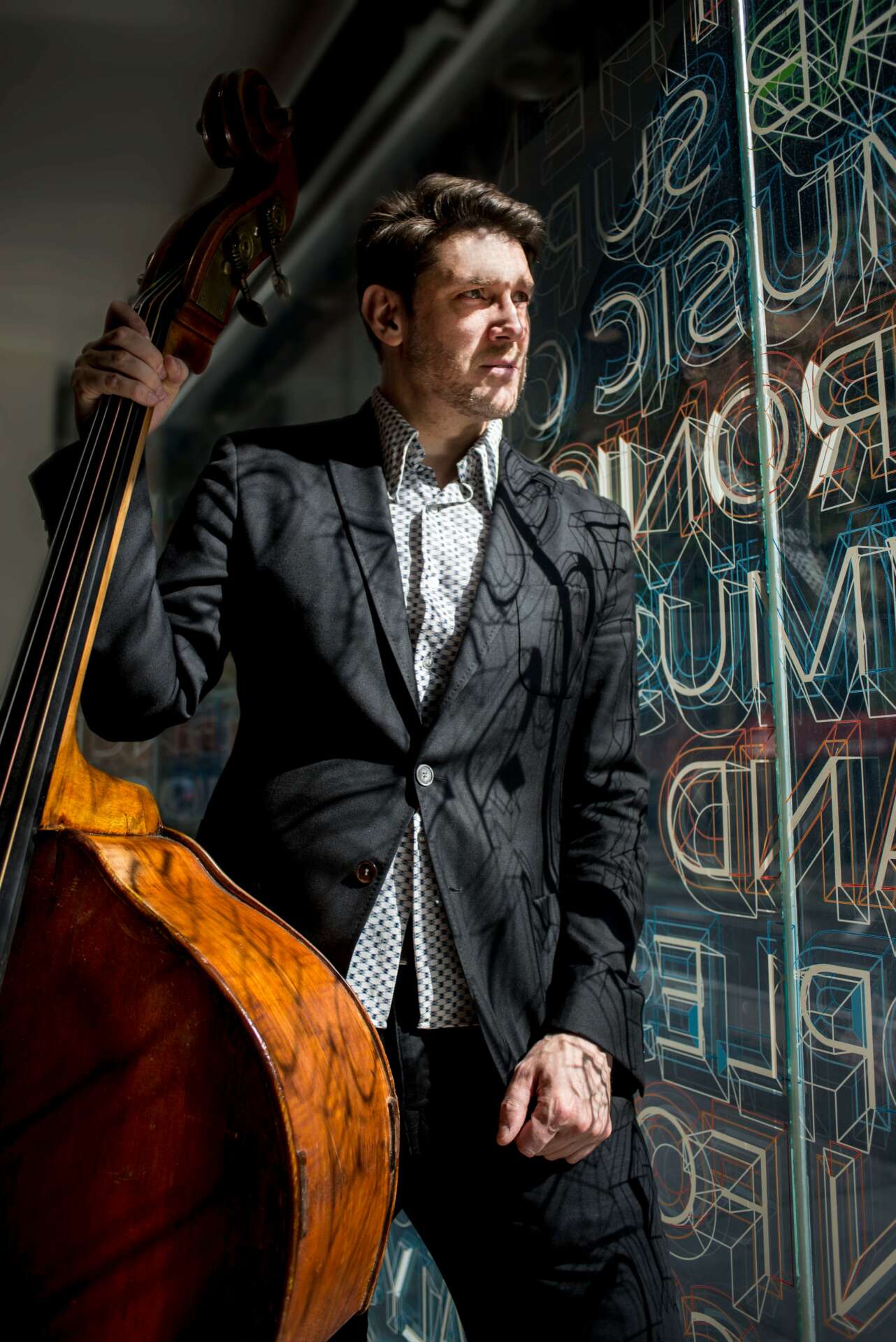We recently connected with Ben Allison and have shared our conversation below.
Ben, appreciate you joining us today. We’d love to hear about when you first realized that you wanted to pursue a creative path professionally.
When I was 8, two musicians came to perform at my school. They were Jazz musicians – a bassist and a pianist. I had never heard jazz before. My formative musical experiences were hearing my mother perform choral music and listening to records. In both cases I always new what was coming next. Of course, the record sounded exactly the same each time I listened, and choral music was fully notated and rehearsed to yield precise performances where each note, each dynamic was in its proper place. This is how I thought music worked. It was structured and predictable.
But, with these Jazz musicians something was different. The first thing I noticed is that from time to time they would both smile. Every once in a while they would even chuckle. At first I couldn’t figure out what was so funny. The tunes they were playing had no lyrics and they never spoke or made any gestures while playing. It was as if they were sharing a secret language.
After a while I had a thought. I wondered if they could have been surprising each other — in the way that people do when they’re having a conversation and someone says something unexpected, or when two friends start talking at the same time, or when people who are very familiar with each other finish each other’s sentences. This idea was a revelation to me. I didn’t know you could surprise someone with the music in this way. After all, every time I played a record it sounded the same. Wasn’t music always that way?
That performance was my introduction to improvisation. I didn’t know what it was called, and the teacher and the musicians themselves didn’t explain anything. But, I started to sense what it meant to have a conversation with music.
It was like seeing a distant candle flame through the woods at night. Just a faint glimmer. Looking back now, I think I started to walk towards that flame that day – to try to figure out how it all worked, how musicians could have a dialogue with music that wasn’t planned in advance. I’ve dedicated my life to this pursuit.
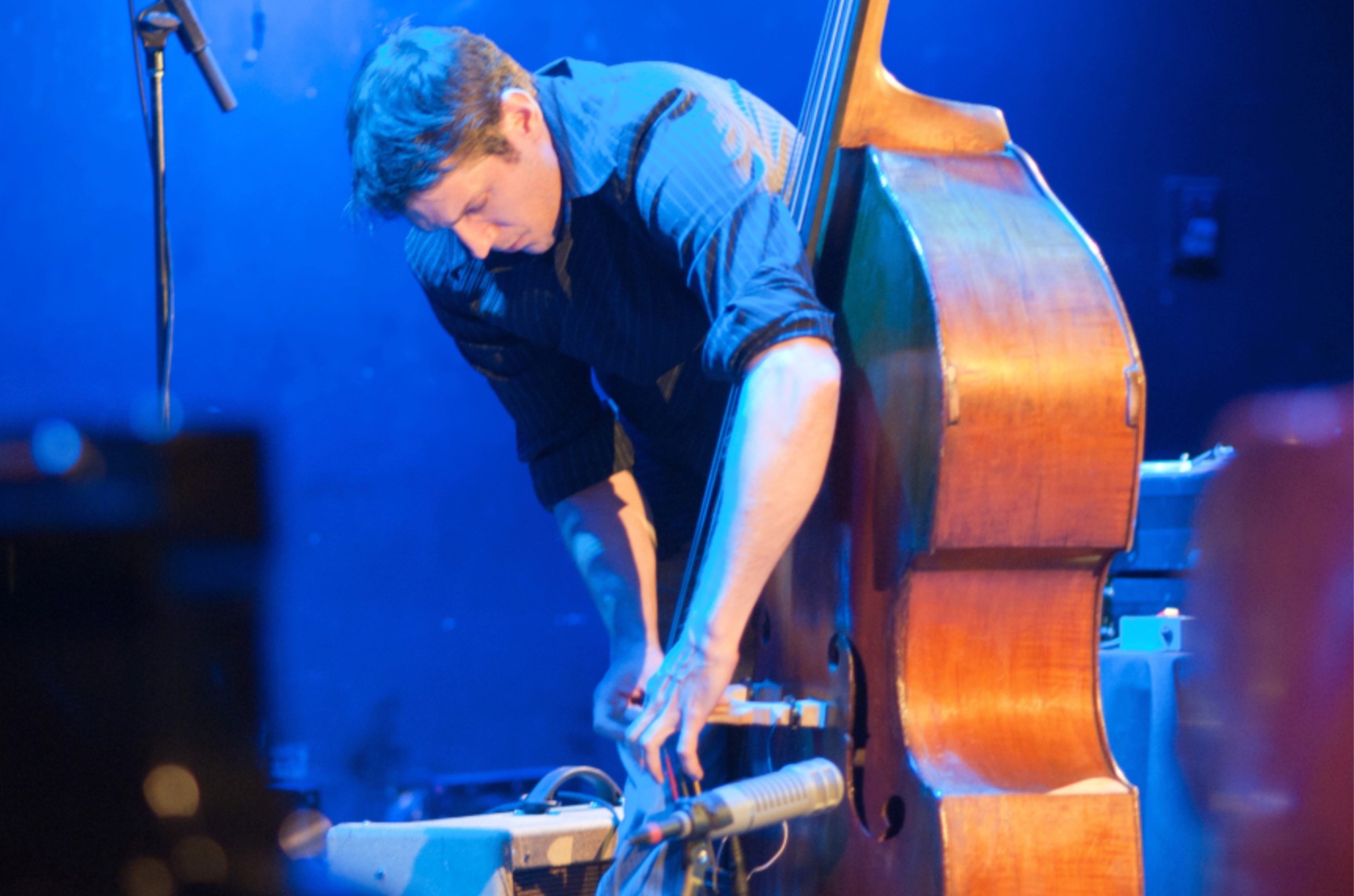
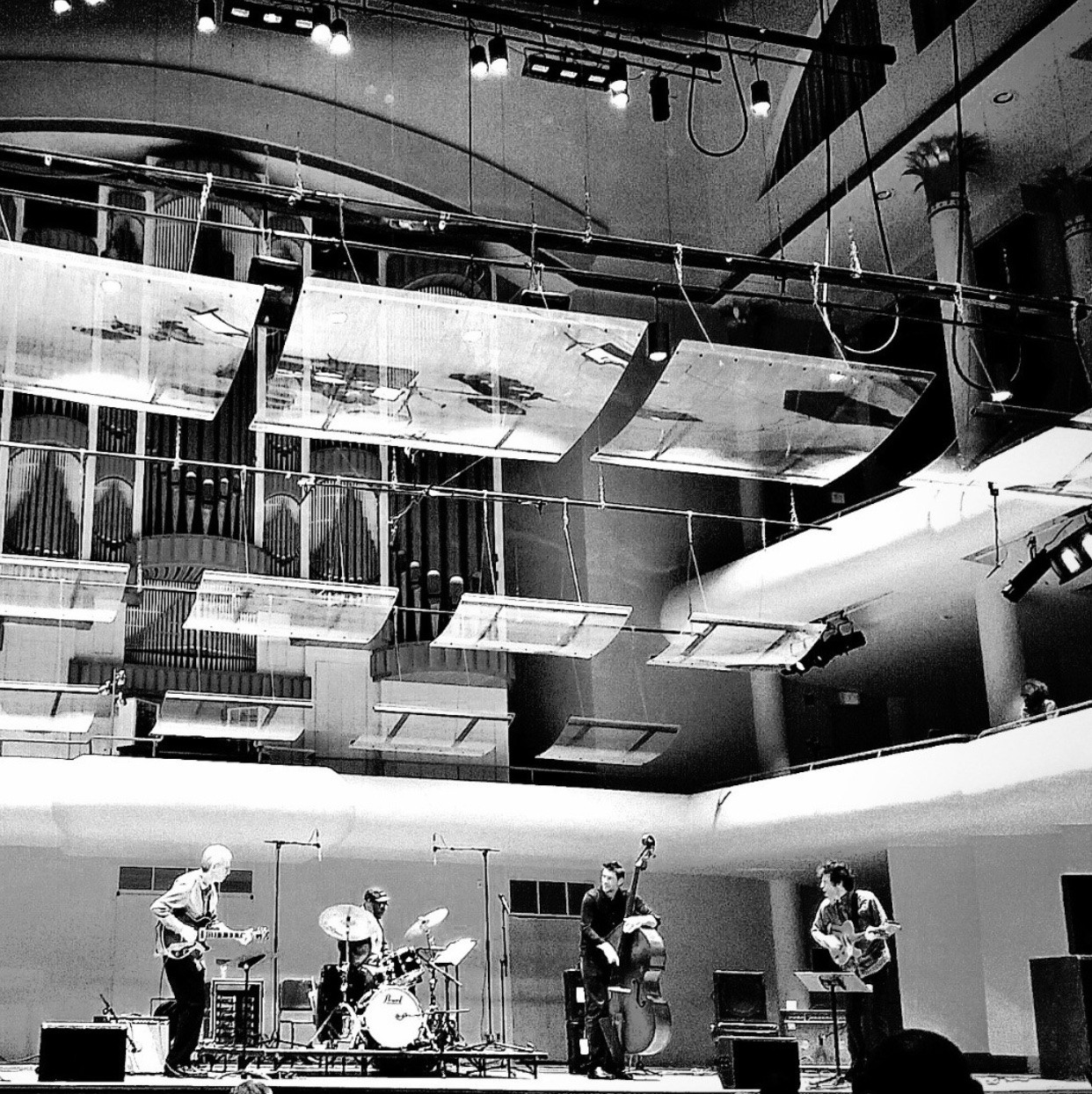
Ben, love having you share your insights with us. Before we ask you more questions, maybe you can take a moment to introduce yourself to our readers who might have missed our earlier conversations?
I was born in New Haven, CT and moved to New York City when I was 17. I knew from an early age that I wanted to write my own music and develop my own sound as a musician. When I was 25, I gathered some colleagues together around the idea of forming a non-profit that would support the creation of new music and build audiences. The result was an organization we called the Jazz Composers Collective. During its 13-year run, The Collective (as it came to be known) produced over 100 concerts, featuring the work of over 50 composers and the creation of over 300 new works in the Jazz idiom. We held an annual festival, formed a partnership with the Musuem of Modern Art, issued a newsletter, commissioned many new works, and recorded our concerts in order to document the work we were doing. Many of these recordings were later released as albums.
While all this was happening, I was also very involved in the creative music scene in NYC. I collaborated (and continue to collaborate) with a very wide range of artists, including dancers, poets, film-makers, as well as instrumentalists of all kinds. In 2005, I was invited to perform my music with a symphony orchestra in Sao Paulo, Brazil called the Jazz Sinfonica. Since then, I have done three projects with them.
I have released 16 albums of original music as a leader and featured performer, and have appeared on nearly 100 by other artists. Fortunately, many of my albums got significant radio airplay (back in the days when radio was the main way people found new music). In fact, 7 of my albums reached #1 on the national radio charts, which in turn opened up possibilities of touring. I have performed all over the world as a featured artist and as a supporting artist, and while I’ve slowed the pace of touring slightly as I’ve gotten older, I’m still very active as a recording artist and producer.
From 2011-2018 I served on the board of the New York chapter of the Recording Academy, first as a Governor, then chair of the Advocacy Committee, and Vice President. In 2016 I was elected President, a role I held for two years before terming out in 2018. During my tenure, the Recording Academy was instrumental in helping to usher through the US Congress the most significant reform to copyright in a generation, The Music Modernization Act, which was passed into law in 2018.
Currently, I’m a Teaching Professor at The New School, where I teach classes in entrepreneurship, music production, social engaged artistry, and music theory and composition. I serve as co-chair of the University Faculty Senate, the main representative body of the faculty at the university.
We’d love to hear a story of resilience from your journey.
The pandemic hit the arts very hard. Without the ability to perform live music (even in recording studios), many musicians felt not only isolated, but also that their very way of life had been yanked away. Many worried that music as we know it would never return. In the end, we did lose quite a few venues, clubs, festivals and other performance spaces, which couldn’t survive the financial stress. And we also lost many amazing artists, including one of my closest friends.
But, one of the most wonderful things about the music community is that artists always find ways to be creative. Given new limitations, we find new ways of doing things and keeping the collective musical conversation moving forward.
For me, this took several forms. First of all, I did a lot of composing for a new group concept that I was hearing in my mind’s ear. The results were surprising.
Most artists, when asked, will tell you that they write what they feel — that their art is a reflection of how they experience the world around them. During the pandemic, there was so much hurt, and anguish, and fear. There was also a sense of helplessness as the music scene crumbled around us. The feelings of isolation were intense. I was fully expecting the music that I wrote to reflect those negative emotions. I was feeling them all, and deeply. So, I was sure the music would echo the misery.
I was very surprised to find that it didn’t. After I pieced it all together I noticed that the music I had written was gentle, lyrical, and positive. It was optimistic, even.
Looking back now, I realize that I wasn’t writing what I was feeling. Instead, I was writing what I needed.
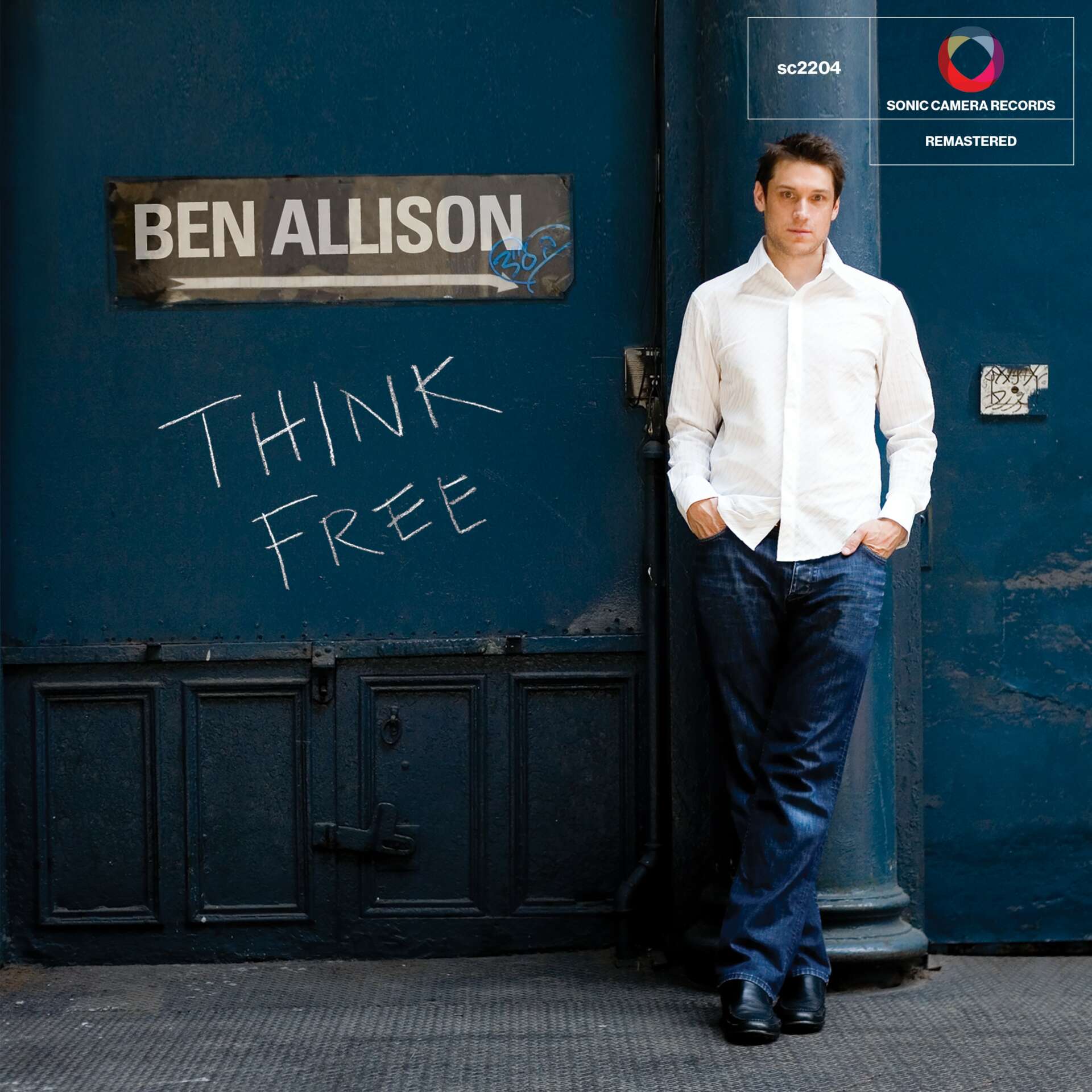
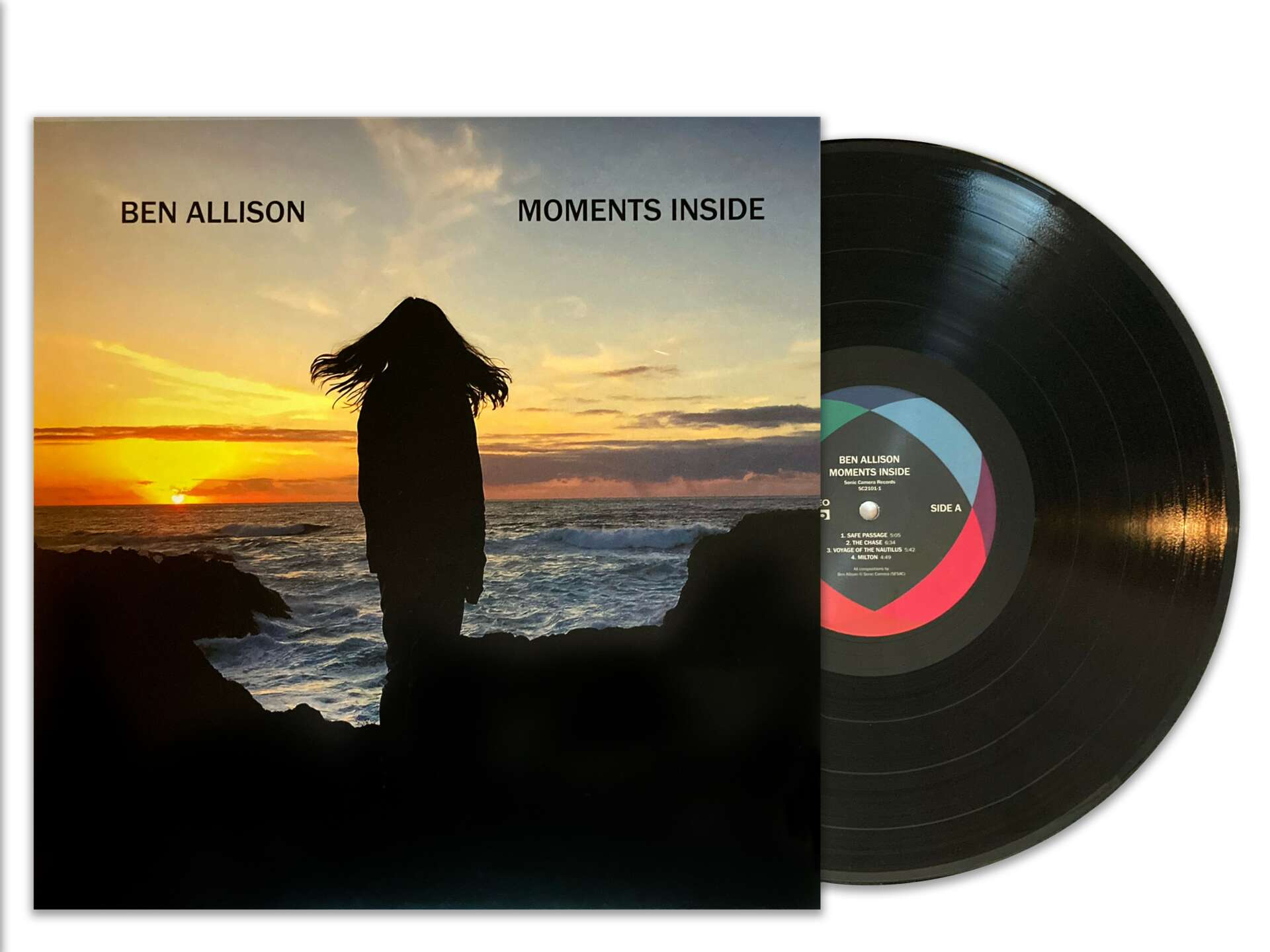
We’d love to hear your thoughts on NFTs. (Note: this is for education/entertainment purposes only, readers should not construe this as advice)
I’m conflicted about the role of NFTs in music. The promise is that, by attaching blockchain code, music files will be listed in a register, and then can be limited in number which adds perceived value and also adds a way to control the music. On first glance, this sounds good.
Content owners (which includes artists, but also includes labels, publishers, etc) have been working for decades on ways to monetize music. They have been pretty successful in doing so, which has resulted in a vibrant music industry. This is also good.
But, music creators have long been taken advantage of, especially in the early years of the industry when the business of music was first evolving. In those years, musicians tended not to think much about the business side, as they were too busy being experts in music creation. This, unfortunately led to many, many examples of music creators being taken advantage of. The stories are too numerous to list. However, as the inequities became increasingly glaring, many of these artists began to focus more on regaining and/or retaining control of their music. This has been a very positive trend. I’m a huge proponent of performing rights and helping artists, especially young and emerging musicians, to understand how the industry works so that they can enjoy the financial income that music can generate. Again, good stuff.
Enter NFTs. In order to understand them I think it’s important to see how the technology does more than simply add a way to control the music. I look to the visual art scene as an example. These days, paintings by famous painters get bought and sold for obscene amounts of money. For example, the resent sale of Paul Allen’s art collection fetched $1.5 billion. There are many rich and super rich people who view classic works of art as investments. Works of art are often bundled together and bought and sold by private hedge funds.
NFT’s are now marketed to investors as a way to own a piece of a classic work of high value. They’re also marketed as a way to “get in on the ground floor” of an emerging artist, by being an early investor in their work. So, what’s the problem?
The argument goes, “if the artists can profit from this investment, isn’t that a good thing?”
I’m of two minds about this. My first thought is that I’m all for artists gaining as much income as possible from their works. After all, as creators they have for too long missed out on this. For example, Stephen Foster (the pop music writer of his day) died a very poor man. This outrage helped pave the way for the creation of music publishing and performing rights societies whose job it is to track performances of copyrighted works.
However, whenever something has value there are always those for whom its value is only monetary. And making something scarce and limited only increases its perceived value. A 1914 Babe Ruth baseball card is worth about $6 million today, and you can “buy shares” of the card like you would buy shares of Apple stock.
However, when it comes to music, is making it more scarce a good thing? The worst example that I know is when Wu Tang Clan made a single CD copy of their album Once Upon a Time in Shaolin, which was bought at auction by winning bidder Martin Shkreli, the douche bag behind Turing Pharmaceuticals. Shkreli made his fortune buying patents of formerly inexpensive drugs and jacking up the prices, sometimes by over 5000%. On the day of the auction, Wu Tang Clan had a big pay windfall. They’re incredible artists and deserve all the success they’ve earned. But, making only one CD copy and auctioning it off also made it impossible for fans of their music to hear the album. Presumably, Mr. Shkreli got a temporary buzz playing the record for his circle of friends. But, to my mind this is an obscene example of how art, when treated solely as a commodity somehow defies the very essence of the form.
It’s very alluring to hear young/emerging musicians describe how issuing NFTs has yielded them huge profits. Some artists talk about NFTs the way venture capitalists talk about crypto currency. The crypto-bro culture aggressively defends the concept of crypto currency with phases like “crypto is here to stay and doesn’t care if you don’t like that fact.” NFT’s have their roots in crypto currency. The evangelists of crypto hope to apply to music what has long been applied to fine art – the notion that scarcity and provenance create monetary value, which in turn can be traded for profit. To me, thinking of music in this way is not only morally troubling, it’s also financially overly idealistic.
I believe the true value of art lies in its ability to move us emotionally. Music has the power to show us what we all have in common. It’s the great connector. It crosses language, culture and geography to remind us of our shared humanity. But treating a piece of music as a “virtual coin to be minted” has the potential to rob it of this power, or at least limit it.
To sum up, I’m not opposed to NFTs in music. I think there is potential for the technology to have a positive effect. For example, NFTs could help music creators take part in the resale of music. But, as a music creator myself and also a consumer/enjoyer of music of all kinds, my skeptical antennae begin to tingle anytime I hear someone say that this technology will be the great equalizer and allow artists to finally control their music. History and human nature say otherwise.
Contact Info:
- Website: benallison.com
- Instagram: instagram.com/benallisonmusic
- Facebook: facebook.coom/benallisonmusic
- Linkedin: https://www.linkedin.com/in/benallison/
- Youtube: youtube.com/instagram.com/benallisonmusic
- Other: https://linktr.ee/benallisonmusic
Image Credits
Photos have credits in titles, when known


